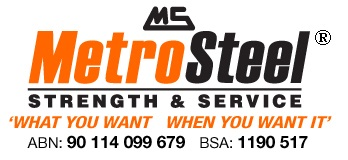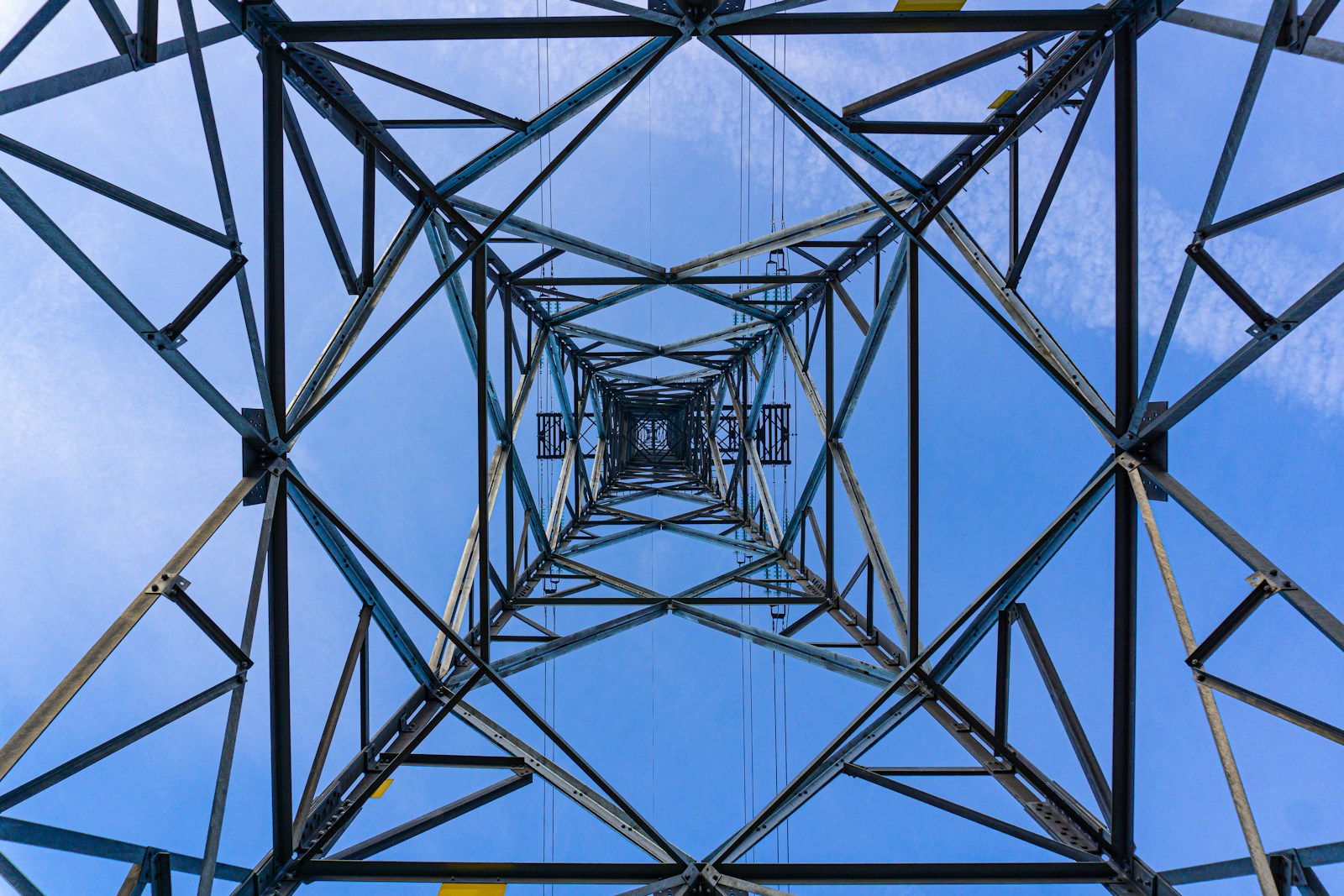When it comes to structural applications, the type of steel you choose plays a crucial role in the success and safety of your project. The right steel not only ensures the integrity and durability of the structure but also significantly impacts the overall cost and longevity of the construction. Whether you’re building a small residential property or a towering skyscraper, understanding the different types of steel available and their specific properties is essential.
At Metro Steel, we recognise the importance of making informed decisions when selecting steel for any project. Our commitment is to provide our customers with the best advice and the highest quality steel products to ensure that their structures stand the test of time. By choosing the appropriate steel type, you can achieve optimal performance, safety, and cost-effectiveness in your construction endeavours.
Overview of Common Steel Types Used in Structural Applications
When it comes to structural applications, there are several types of steel commonly used, each with its unique characteristics and benefits. Understanding these differences is key to selecting the right material for your specific needs.
Some of the most commonly used steel types in structural applications include mild steel, stainless steel, structural steel, galvanised steel, and alloy steel. Each of these steels has its composition and set of properties that make it suitable for particular uses, from general construction to specialised applications.
1- Mild Steel: The All-Rounder for Structural Applications
Mild steel, also known as low carbon steel, is the workhorse of the construction industry. Its versatility makes it a popular choice for various structural applications. One of the key benefits of mild steel is its cost-effectiveness, making it an economical option for large-scale projects. Additionally, its ductility and ease of welding make it easy to work with, allowing for flexibility in design and construction.
Mild steel is ideal for a range of applications, from structural beams and columns to smaller components like bolts and brackets. Its adaptability and affordability make it a go-to choice for many builders and engineers.
2- Stainless Steel: The Corrosion-Resistant Choice
Stainless steel is the preferred material for projects where corrosion resistance is a top priority. Known for its strength and longevity, stainless steel offers a unique combination of durability and aesthetic appeal. This makes it an excellent choice for structures that are exposed to harsh weather conditions or corrosive environments, such as coastal areas or chemical plants.
In addition to its resilience, stainless steel’s sleek appearance makes it popular in modern architectural designs, where both form and function are critical. Applications include bridges, façades, and various outdoor structures that require both durability and an attractive finish.
3- Galvanised Steel: The Protective Layer for Durability
Galvanised steel is steel that has been coated with a layer of zinc to protect it from rust and corrosion. This protective coating makes galvanised steel an excellent choice for outdoor applications and environments where the steel is exposed to moisture and other corrosive elements. The zinc coating not only prolongs the life of the steel but also reduces the need for maintenance and repairs over time.
Common applications for galvanised steel include roofing, fencing, and outdoor structural elements. Its durability and low maintenance requirements make it a practical and cost-effective solution for projects that demand longevity in harsh conditions.
4- Alloy Steel: Customised Strength and Versatility
Alloy steel is made by combining steel with other elements to enhance its properties. By adjusting the composition, alloy steel can be tailored to meet specific requirements, such as increased strength, hardness, or resistance to wear and tear. This customisability makes alloy steel highly versatile and suitable for a wide range of structural applications.
Because of its adaptability, alloy steel is often used in specialised projects that require specific performance characteristics. Whether it’s in the construction of bridges, buildings, or machinery, alloy steel’s ability to be tailored to precise specifications makes it a valuable material in the construction industry.
5- Structural Steel: The Backbone of Modern Construction
Structural steel is the cornerstone of modern construction, known for its exceptional load-bearing capabilities. It is the primary material used in framing, beams, and balustrades for buildings of all sizes. Its strength and durability make it an indispensable component in the construction of high-rise buildings, industrial facilities, and infrastructure projects.
The importance of structural steel in construction cannot be overstated. It provides the necessary support and stability to ensure that buildings can withstand both the weight of the structure itself and external forces such as wind and earthquakes. Its versatility also allows for innovative architectural designs, making it a key material in contemporary construction.
Choosing the Right Steel for Your Structural Project
Selecting the right type of steel for your project is crucial to its success. The choice should be based on the specific requirements of the project, including load-bearing capacity, environmental conditions, and budget constraints. For instance, if your project involves exposure to moisture or corrosive elements, galvanised or stainless steel would be more suitable. On the other hand, for large-scale structures requiring exceptional strength, structural steel would be the preferred choice.
At Metro Steel, we are dedicated to helping you make the best decision for your structural needs. Our team of experts is on hand to guide you through the selection process, ensuring that you choose the steel that best meets your project’s demands. With our extensive range of high-quality steel products, we can provide the ideal solution for any construction challenge.
Why Metro Steel Is Your Best Choice for Structural Steel Needs?
When it comes to structural applications, selecting the right type of steel is a decision that should not be taken lightly. Each type of steel offers unique benefits, and understanding these can help you make an informed choice that ensures the safety, durability, and efficiency of your construction project.
At Metro Steel, we pride ourselves on offering a comprehensive range of steel products to meet the diverse needs of our customers. Whether you need mild steel for general construction, stainless steel for corrosion resistance, or structural steel for large-scale projects, we have the expertise and resources to support you. We encourage you to reach out to us for professional guidance and a tailored solution that will make your structural project a success.
 Talk to an Expert (07) 3204 1000
Talk to an Expert (07) 3204 1000 Working Hours - Mon – Fri 7:00 AM – 4:00 PM
Working Hours - Mon – Fri 7:00 AM – 4:00 PM
